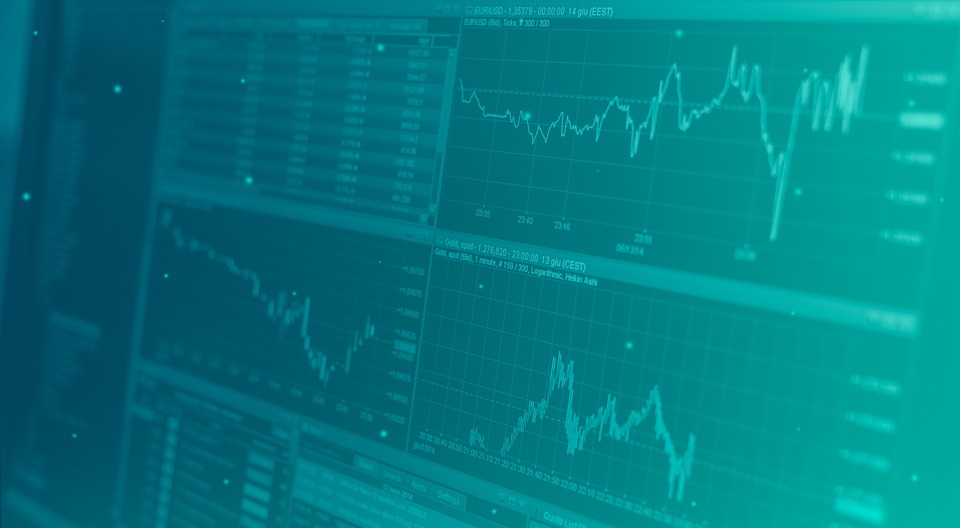As we move into 2021 and beyond, it’s essential to keep an eye on global economic trends that will shape the future of our world. The COVID-19 pandemic has undoubtedly had a significant impact on economies worldwide, and its effects are likely to be felt for years to come. However, amidst the uncertainty, there are several key trends emerging that will play a crucial role in shaping the economic landscape in the years ahead.
One of the most significant trends to watch in 2021 and beyond is the continued shift towards a digital economy. The pandemic has accelerated the adoption of digital technologies across industries, from remote working and online shopping to telemedicine and virtual events. As a result, companies that have embraced digital transformation have been able to adapt more quickly to the changing landscape and thrive in the new normal.
This shift towards a digital economy has also created new opportunities for innovation and growth, particularly in sectors such as artificial intelligence, cloud computing, and e-commerce. Businesses that can harness the power of these technologies will be well-positioned to succeed in the future economy.
Another key trend to watch is the increasing importance of sustainability and ESG (Environmental, Social, and Governance) considerations in business. Consumers and investors are increasingly looking for companies that prioritize sustainability and social responsibility, and businesses that fail to meet these expectations may find themselves at a competitive disadvantage.
As governments around the world implement policies to address climate change and promote sustainable practices, businesses will need to adapt to this new reality or risk being left behind. Companies that can demonstrate their commitment to sustainability and ESG principles are likely to attract a growing number of customers and investors who are looking to support responsible businesses.
The COVID-19 pandemic has also highlighted the importance of resilience and agility in the face of uncertainty. Businesses that were able to quickly pivot their operations and adapt to changing market conditions have been able to weather the storm more successfully than those that were slow to respond.
As we move forward, companies will need to continue to prioritize resilience and agility in order to navigate the challenges that lie ahead. This may involve diversifying supply chains, investing in technology and innovation, or developing contingency plans for future crises.
In addition to these trends, there are several other factors that will shape the global economic landscape in the years ahead. Geopolitical tensions, trade disputes, and shifting consumer preferences are just a few of the factors that will influence the direction of the global economy.
As we look to the future, it’s essential to stay informed and proactive in response to these trends. By monitoring global economic developments and staying abreast of emerging opportunities and risks, businesses can position themselves for success in the years ahead.
In conclusion, the global economy is facing unprecedented challenges and opportunities in the wake of the COVID-19 pandemic. By keeping an eye on key trends such as the shift towards a digital economy, the growing importance of sustainability and ESG considerations, and the need for resilience and agility, businesses can prepare themselves for the future and ensure long-term success. By staying informed, adaptable, and forward-thinking, we can navigate the uncertain economic landscape ahead and build a more sustainable and prosperous world for all.



